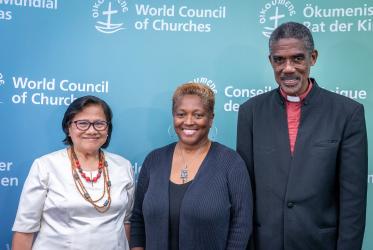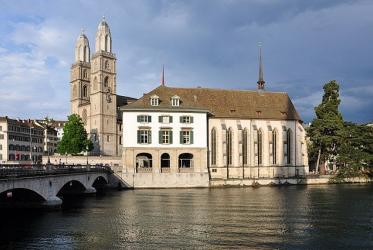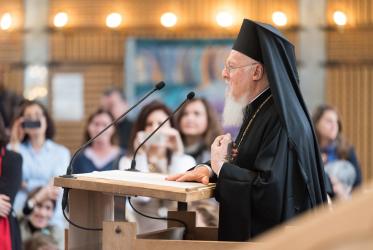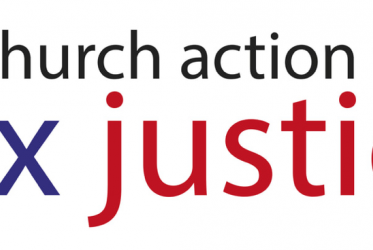Displaying 1 - 16 of 16
Churches should use their voice on climate change
26 February 2020
Faith groups at COP24 advocate for just transitions
05 December 2018
WCC moderator speaks at Justice Conference in Norway
09 November 2018
“Church Action for Tax Justice” begins in UK
02 May 2018
Ecumenical Patriarch addresses Arctic Circle Assembly
16 October 2017
Do we need an ecological reformation?
14 June 2017
From the occupied Palestinian territories to the European Union
09 October 2013
Time to pray for God’s creation
02 September 2013











